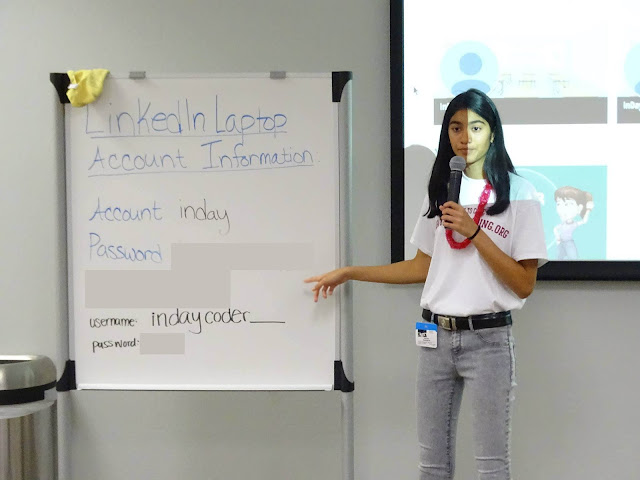Tutoring
Everybody learns a little differently
In a past post, I talked about how I tutor a kid named Max.
When I gave Max algebra problems to solve, I noticed that he took the right steps--but in the wrong order. For example:
After correcting him, and guiding him through some sample problems, I asked him to again try some algebra problems on his own, but he made the same mistake. I realized that now, I shouldn't just explain how to solve it the right way, but why we do it the way we do.
So I spent a couple minutes thinking of the best way to explain why we do certain operations first. I talked about the order of operations, and isolating the variable. Max seemed to understand this, but when given another problem, he froze again. So I tried adding visuals:
I turned the problem into an onion! With many different layers: the middle layer was the one closest to the variable, and the outer layers were farther from the variable. To solve the problem, you have to tackle the outside layers first, and only after that can you go to the inside layers.
This visual worked! Max started drawing "onions" around the problems and solving them correctly.
No one had ever taught me algebra this way; I just made this method up on the spot. I was taught the regular old school way, but somehow I still managed to understand algebra on my own. This made me realize how different people learn in completely different ways. Some people like pictures, others understand with metaphors, some learn from hearing, or maybe from watching it done by someone else. There are so many different ways to learn. Unfortunately, the world isn't fair, and most of the time in school, we are taught everything auditorily with a little bit of visuals every now and then. This means the people who learn from hearing have an advantage in school. Maybe there are really smart kids in my class, who don't do well in class just because they learn differently than the way school teaches us. If we could find a way to address all, or at least most, of the different types of learning in school, I think we could be able to create so many more geniuses at school.
When I gave Max algebra problems to solve, I noticed that he took the right steps--but in the wrong order. For example:
After correcting him, and guiding him through some sample problems, I asked him to again try some algebra problems on his own, but he made the same mistake. I realized that now, I shouldn't just explain how to solve it the right way, but why we do it the way we do.
So I spent a couple minutes thinking of the best way to explain why we do certain operations first. I talked about the order of operations, and isolating the variable. Max seemed to understand this, but when given another problem, he froze again. So I tried adding visuals:
I turned the problem into an onion! With many different layers: the middle layer was the one closest to the variable, and the outer layers were farther from the variable. To solve the problem, you have to tackle the outside layers first, and only after that can you go to the inside layers.
This visual worked! Max started drawing "onions" around the problems and solving them correctly.
No one had ever taught me algebra this way; I just made this method up on the spot. I was taught the regular old school way, but somehow I still managed to understand algebra on my own. This made me realize how different people learn in completely different ways. Some people like pictures, others understand with metaphors, some learn from hearing, or maybe from watching it done by someone else. There are so many different ways to learn. Unfortunately, the world isn't fair, and most of the time in school, we are taught everything auditorily with a little bit of visuals every now and then. This means the people who learn from hearing have an advantage in school. Maybe there are really smart kids in my class, who don't do well in class just because they learn differently than the way school teaches us. If we could find a way to address all, or at least most, of the different types of learning in school, I think we could be able to create so many more geniuses at school.




Comments
Post a Comment